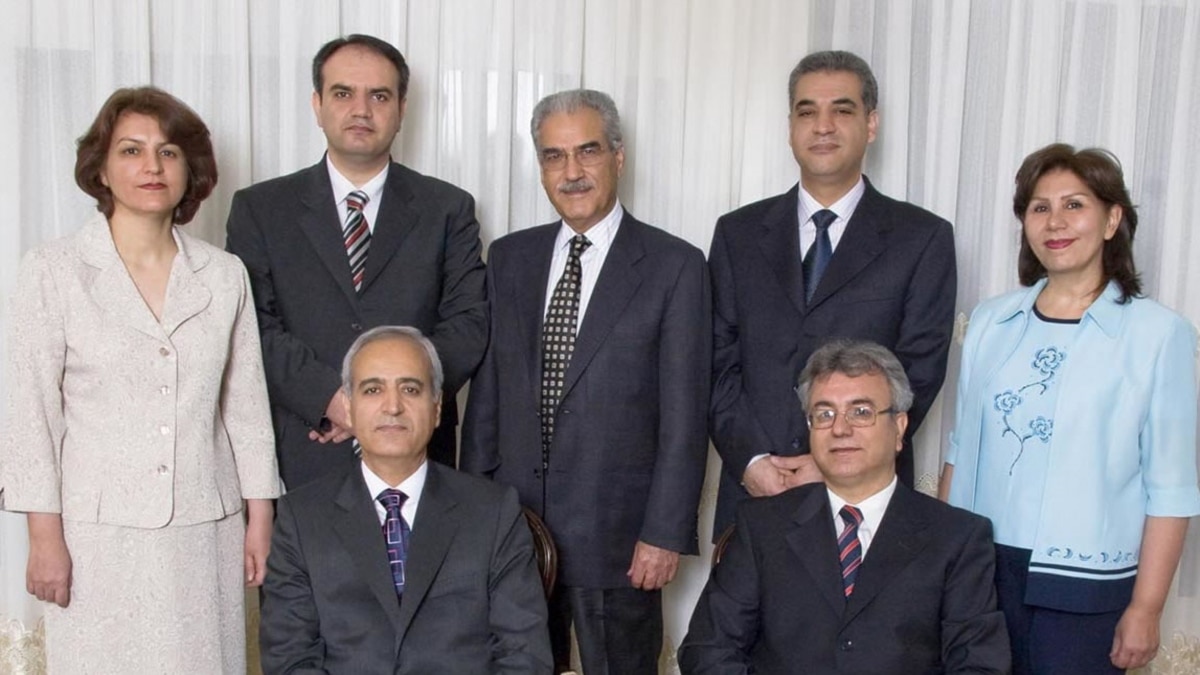The Bahá’í Faith, a religion founded in the mid-19th century, advocates for principles such as unity, justice, and the inherent dignity of all human beings. Unfortunately, in Iran, the birthplace of the Bahá’í Faith, its followers have been subjected to widespread persecution and systemic discrimination. This article delves into the criminalization of the Bahá’í Faith in Iran, exploring its historical context, the nature of contemporary persecution, and the Bahá’í community’s resolute commitment to its principles of peace and justice.
Historical Context
The roots of the persecution faced by Bahá’ís in Iran can be traced back to the religion’s inception. The Bahá’í Faith emerged during a turbulent period of religious reform in Persia, challenging established norms and hierarchical structures. The founder, Bahá’u’lláh, proclaimed the necessity of progressing beyond sectarian confines and advocated for a universal approach to spirituality. This radical vision was met with vehement opposition, leading to the execution of some of its early followers and a tradition of intolerance that extends to this day.
The 20th century saw a significant intensification of persecution, particularly after the 1979 Islamic Revolution. With the advent of a theocratic regime, the Bahá’í community was branded as heretical, and systematic efforts to eradicate the faith ensued. This historical backdrop is essential for understanding the pervasive climate of fear and repression that Bahá’ís currently encounter in Iran.
Systematic Persecution
The 21st century has seen the Iranian government implement a variety of oppressive measures against Bahá’ís. These measures manifest in both legal and extralegal forms. For instance, Bahá’ís are barred from holding public office or participating in state education. This exclusion fosters an environment of marginalization, compelling many Bahá’í children to seek education clandestinely.
Moreover, the government exerts considerable pressure on Bahá’í businesses, often subjecting them to harassment and financial penalties. Numerous Bahá’í-owned enterprises have faced closures, and their assets are often seized under dubious justifications. Such economic sanctions not only undermine the community’s livelihood but also serve as a tool for further marginalization and isolation.
Furthermore, Iranian authorities often resort to arrest and incarceration as means of quelling dissent. The anecdotes of Bahá’í activists who have endured arbitrary detention and torture are harrowing. These personal stories reveal a broader pattern of human rights violations, underscoring the resilience of individuals who refuse to renounce their beliefs despite brutal repercussions.
The Nature of the Criminalization
The criminalization of the Bahá’í Faith in Iran operates through a multifaceted lens. It is essential to recognize that the charges leveled against Bahá’ís often lack substantive evidence and are characterized by baseless accusations. For instance, many Bahá’ís have faced espionage charges, a tactic that invokes national security concerns and legitimizes their persecution within the broader narrative of patriotism.
The Iranian regime employs propaganda to vilify Bahá’ís, depicting them as a threat to the moral and social fabric of Islamic society. This manufactured narrative enables state-sanctioned violence against Bahá’ís and further entrenching their status as second-class citizens. Such tactics are not merely about suppressing a religious minority; they are indicative of an authoritarian regime fearful of any ideology that promotes universal harmony and equality.
Community Resilience and Advocacy
In the face of such adversity, the Bahá’í community exemplifies remarkable resilience. Its adherence to principles such as non-violence, faith in the power of education, and unwavering commitment to justice underscores a profound collective spirit. Efforts to document human rights abuses faced by Bahá’ís have taken many forms, from engaging with international advocacy organizations to mobilizing global pressure on Iran to uphold its own laws and commitments to human rights.
Moreover, the Bahá’í community seeks to educate others about its faith, countering misconceptions through dialogue and outreach. Initiatives aimed at fostering interfaith relationships serve as powerful testament to the efficacy of inclusivity. This unwavering commitment to peace, even amidst persecution, demonstrates a profound determination not to succumb to hatred or revenge.
The Role of Global Advocacy
The international community has a pivotal role to play in addressing the injustices faced by Bahá’ís in Iran. Advocacy initiatives must strive to amplify the voices of those who have been silenced, employing various platforms—from social media campaigns to academic discourse—ensuring the plight of Bahá’ís remains on the global agenda. Furthermore, governments and organizations should work collaboratively to create policies that foster religious freedom and protect minority rights.
Awareness-raising campaigns can be instrumental in mobilizing public opinion against the injustices and human rights violations perpetrated by the Iranian regime. By shedding light on the resilience of the Bahá’í community, these actions can foster empathy and encourage solidarity across borders.
Conclusion
The criminalization of the Bahá’í Faith in Iran is a poignant reminder of the fragility of human rights amidst the interplay of dogma and governance. By exploring the historical context, nature of persecution, resilience of the community, and the imperative role of global advocacy, it becomes apparent that the Bahá’í commitment to justice and unity transcends borders. It compels us to stand together against oppression, ensuring that the refrain, “Never Again,” resonates not only within the Bahá’í community but within the collective consciousness of humanity as a whole.
